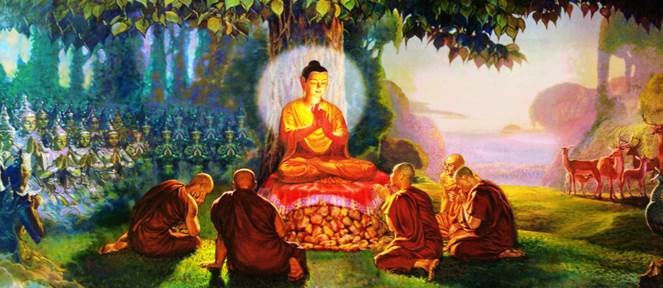Free Courses Sale ends Soon, Get It Now


Free Courses Sale ends Soon, Get It Now



Copyright infringement not intended
In News
Key Points of the President's Speech
Buddhism in India
Origin:
Tenets of Buddhism:
Major Buddhist Texts:
Buddhist Councils:
Schools of Buddhism:
https://www.pib.gov.in/PressReleasePage.aspx?PRID=1841312
https://t.me/+hJqMV1O0se03Njk9
© 2024 iasgyan. All right reserved